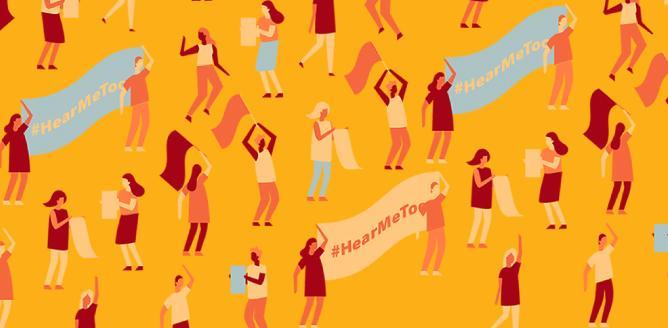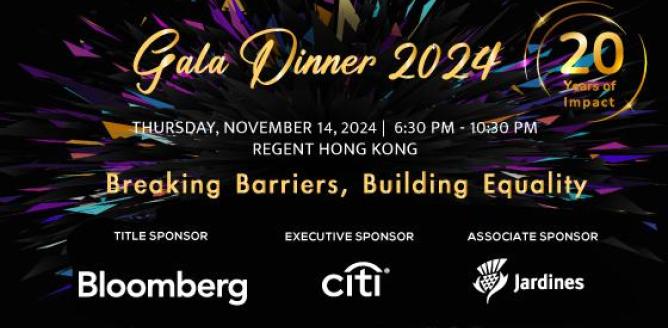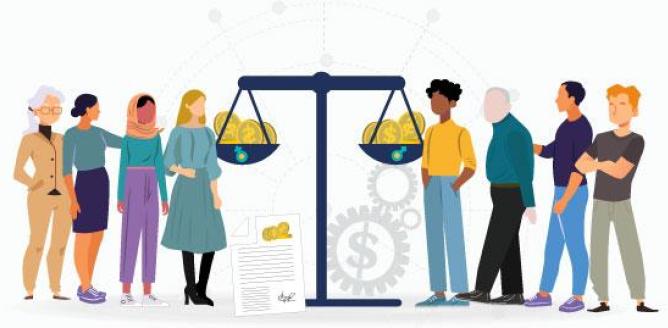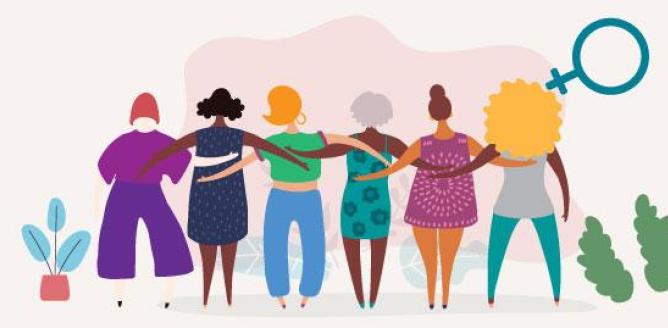“There is one universal truth, applicable to all countries, cultures and communities: violence against women is never acceptable, never excusable, never tolerable.” - former UN Secretary-General Ban Ki-moon
Home is “the most dangerous place for women,” a new UN study says. Data released by the UN Office on Drugs and Crime last Sunday showed that more than half – or 58% – of 87,000 women killed last year died at the hands of their intimate partner or a relative.
This also holds true in Hong Kong. In 80% of sexual assault cases, victims know the perpetrators, with current or former intimate partners, friends and family members the most likely offenders, a RainLily study reveals. However, as many as 90% of victims choose not to report it. Various factors, from trauma and fear to social stigma and lack of access to information and services, play a role in discouraging survivors from seeking help and pursuing justice.
To observe this year’s 16 Days of Activism Against Gender-Based Violence, which runs from 25 November to 10 December, the UN has launched the hashtag #HearMeToo, as a call “to listen and to believe survivors”, to end the culture of silencing, and to put survivors at the centre of the response.
This is something that many survivors in Hong Kong desperately need. Recent cases highlight the systemic barriers faced by those who come forward and seek justice. One of them was the female athlete who sparked the #MeToo conversation in the city in late November 2017 with her Facebook post that revealed alleged her coach had sexually assaulted her years ago.
In Hong Kong’s first #MeToo trial, the magistrate not only found her coach not guilty, but also questioned why the athlete didn’t stop the alleged assault and pointed out that she remained close to the coach after the alleged incident. Following the verdict, social media users attacked the athlete online – calling her names, accusing her of defamation and demanding that she apologised – leading her to deactivate her Facebook page.
In another sexual assault trial this month, in which a judge found a man guilty of raping his daughter, the defendant was allowed to cross-examine his daughter and his former wife, whom he was previously convicted of physically assaulting.
“It just echoed for many victims the kind of retraumatisation they fear and they do experience and are challenged by,” Professor Puja Kapai, convenor of the Women’s Studies Research Centre at the University of Hong Kong, said about the coach’s trial proceeding. However, her comments also hold true for the traumatic experience survivors are often subjected to when they make a report and seek justice.
TWF applauds courageous survivors who come forward with their painful stories. One year after the #MeToo movement went viral, we are committed to keeping conversations going in the city. And with #HearMeToo, we call on the government and the public to not only support survivors but encourage greater community responsibility to create a safer world for women and girls.
Let’s use the conversation to propel action, creating a system that is focused on the survivors’ experience, community support and collective responsibility to end violence against women and girls.
Get in touch at Fiona.Nott@twfhk.org.





















